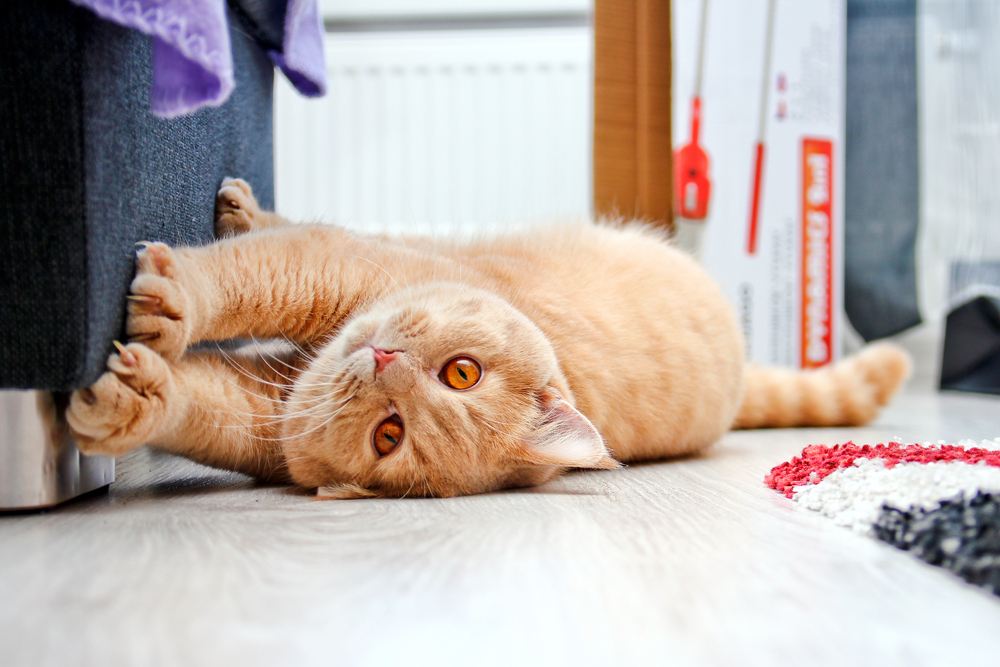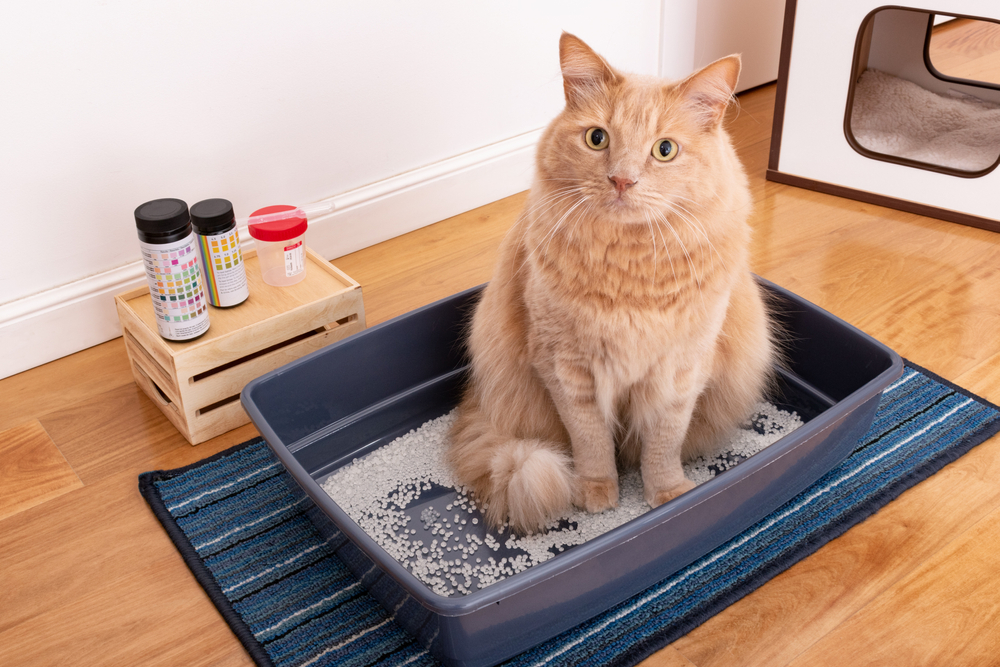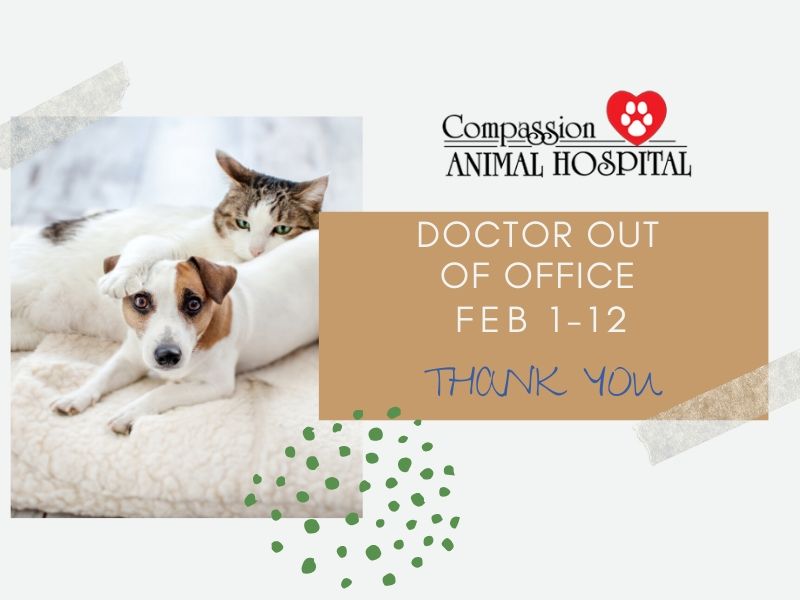Understanding Feline UTI and Caring for Your Cats
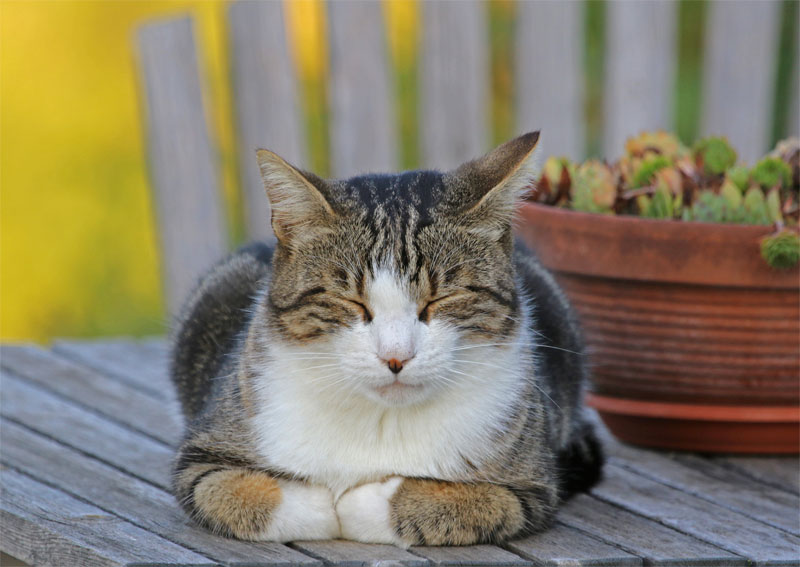
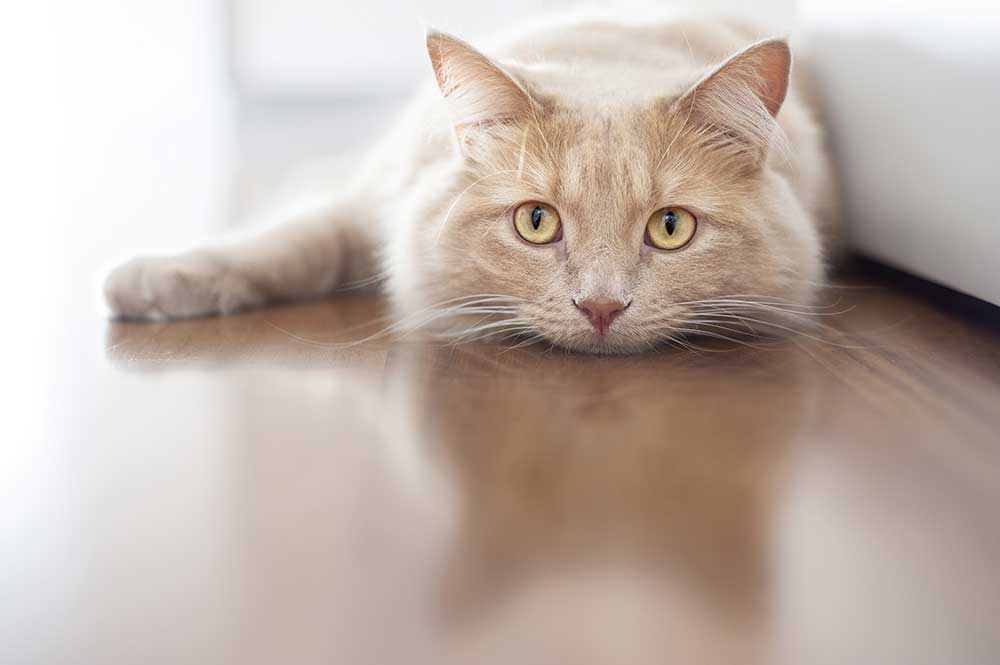
What is a Feline UTI?
Symptoms of Feline UTI
Frequent Urination: If your cat is making frequent trips to the litter box but only producing small amounts of urine, it may indicate a UTI.
Caring for Your Cat with a UTI
Veterinary Consultation: Schedule an appointment with your veterinarian to confirm the diagnosis. Your vet will likely conduct a urine analysis and may prescribe antibiotics to treat the infection.
Medications: Administer the prescribed medications exactly as directed by your veterinarian. Completing the full course of antibiotics is crucial, even if your cat starts to feel better.
Hydration: Ensure your cat has access to fresh water at all times. Proper hydration helps flush out the bacteria from the urinary system. Consider adding wet food to your cat’s diet to increase their water intake.
Litter Box Maintenance: Keep the litter box clean and easily accessible. A dirty litter box can deter your cat from using it, potentially worsening the condition.
Dietary Adjustments: Your veterinarian may recommend a special diet to support urinary health. These diets are formulated to reduce the risk of crystal formation and promote urinary tract health.
Monitor Symptoms: Keep a close eye on your cat’s symptoms and behavior. If you notice any worsening or recurrence of symptoms, contact your veterinarian immediately.
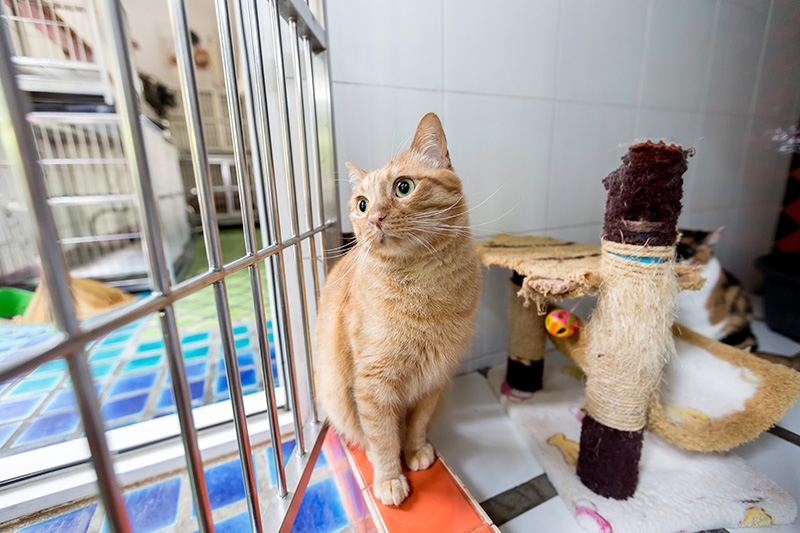
Prevention Tips
Preventing UTIs in cats involves maintaining good overall urinary health. Here are some tips to help reduce the risk:
Regular Vet Check-ups: Schedule routine veterinary check-ups to catch any potential health issues early.
Encourage Hydration: Provide multiple water sources and consider using a cat water fountain to encourage your cat to drink more.
Balanced Diet: Feed your cat a high-quality, balanced diet that promotes urinary health.
Stress Reduction: Minimize stressors in your cat’s environment, as stress can contribute to urinary problems.
Book an Appointment at Compassion Animal Hospital
